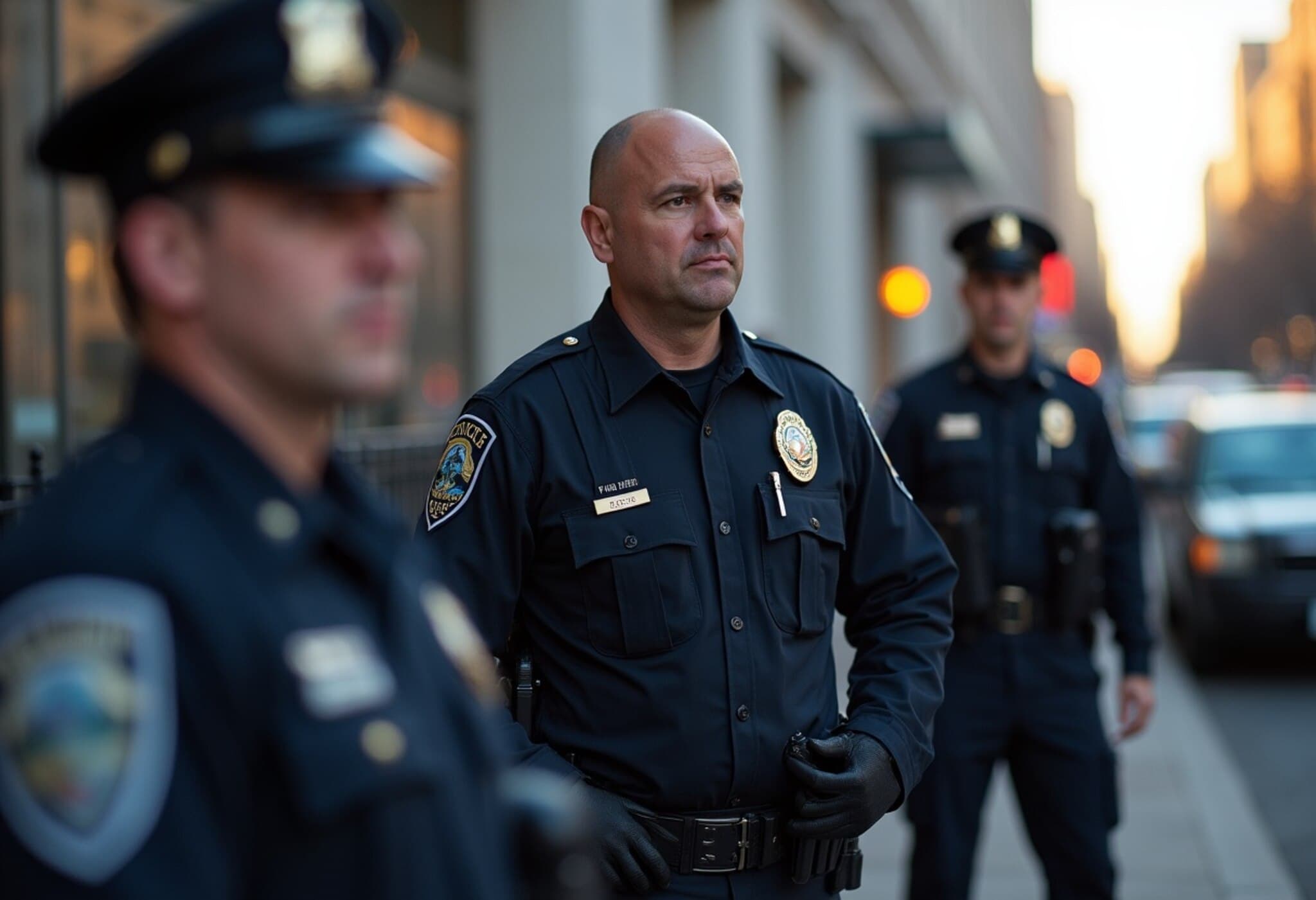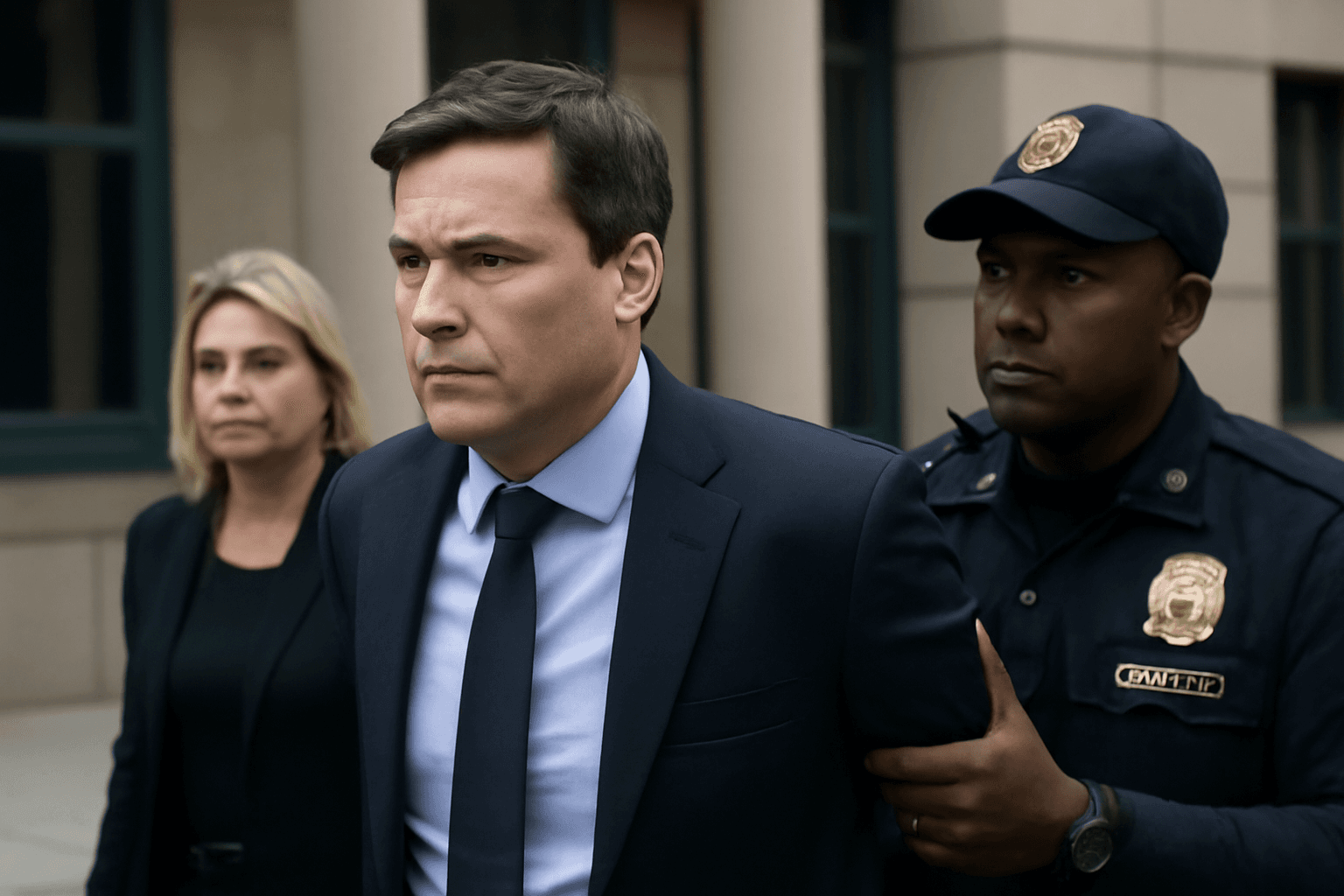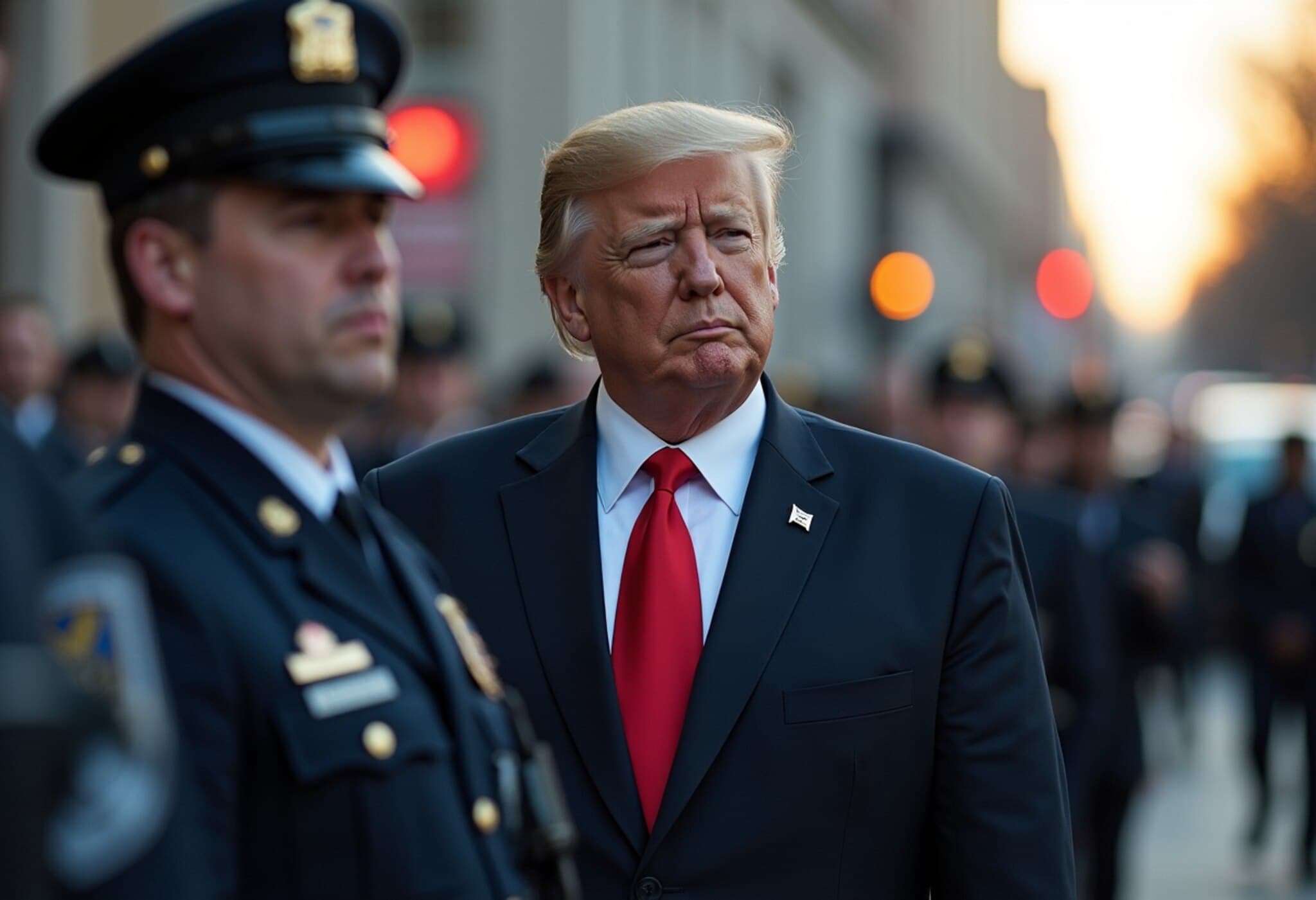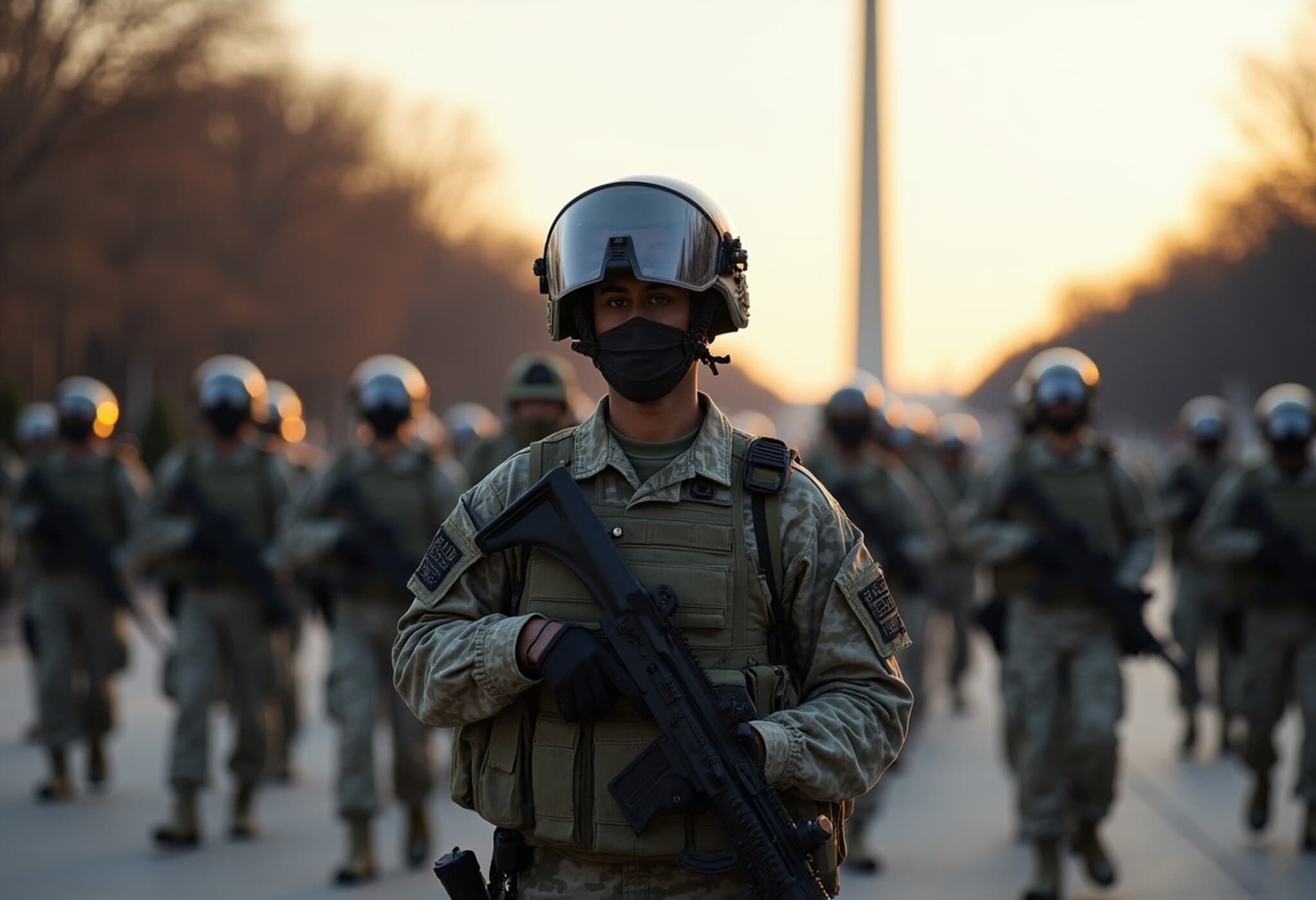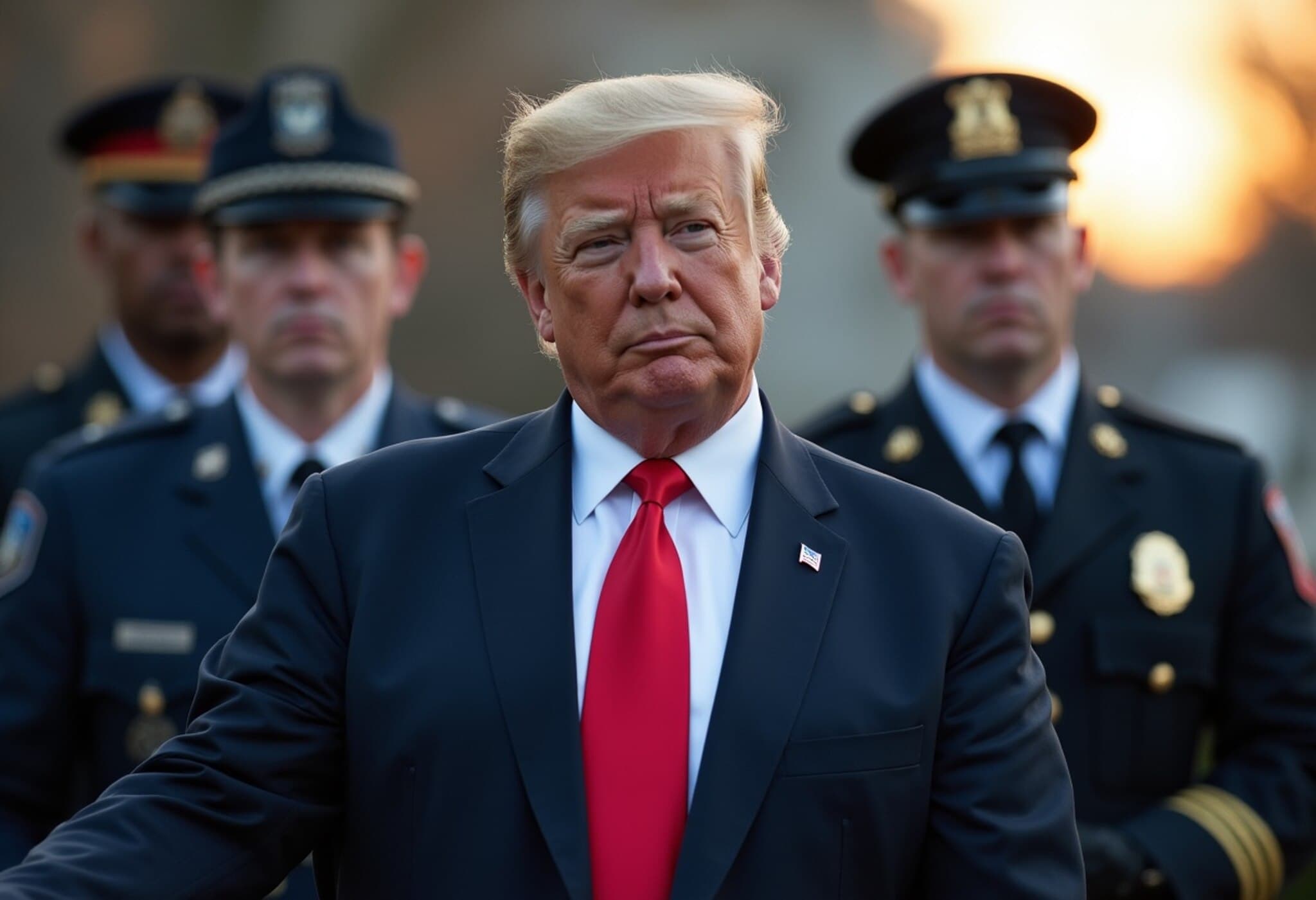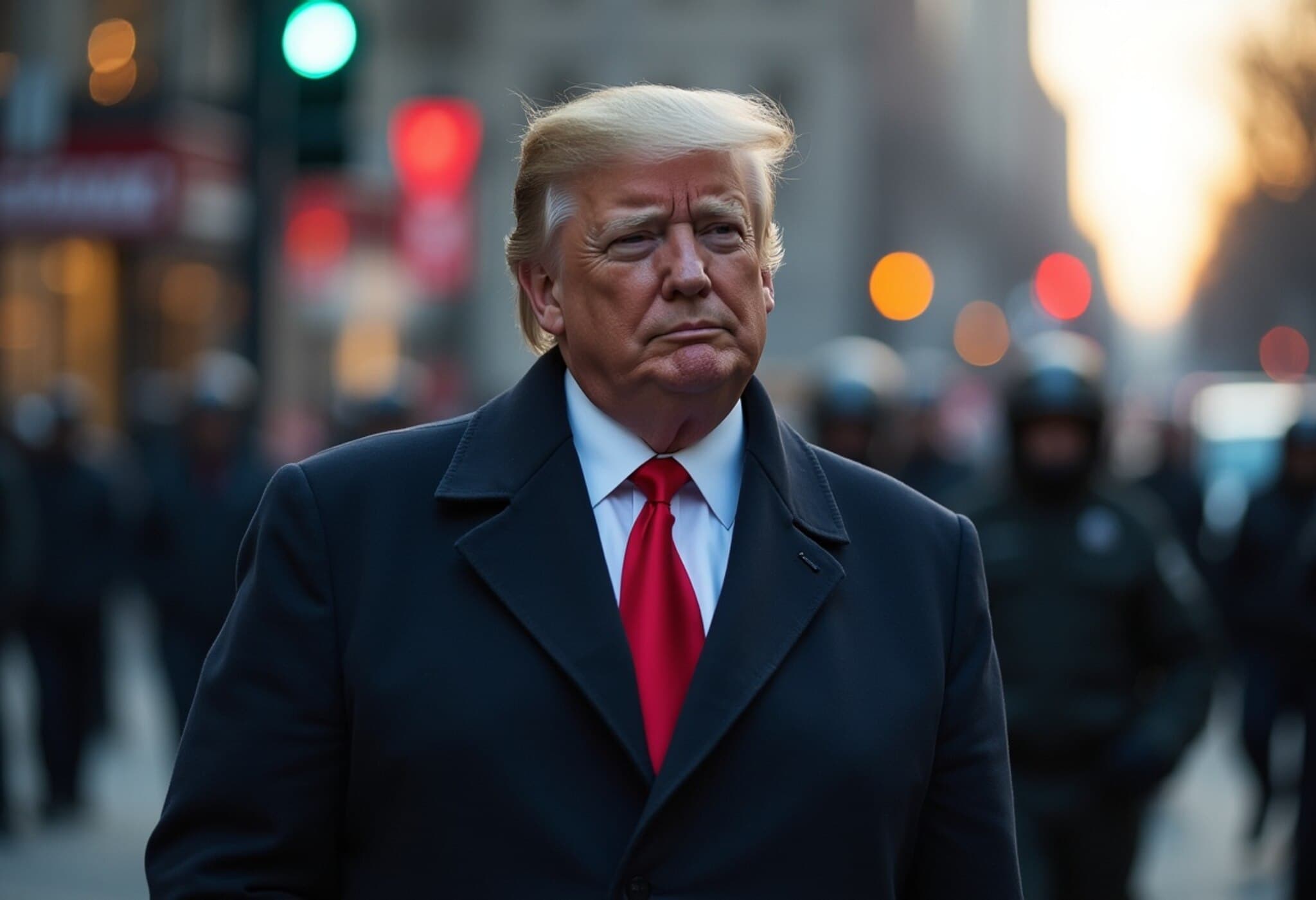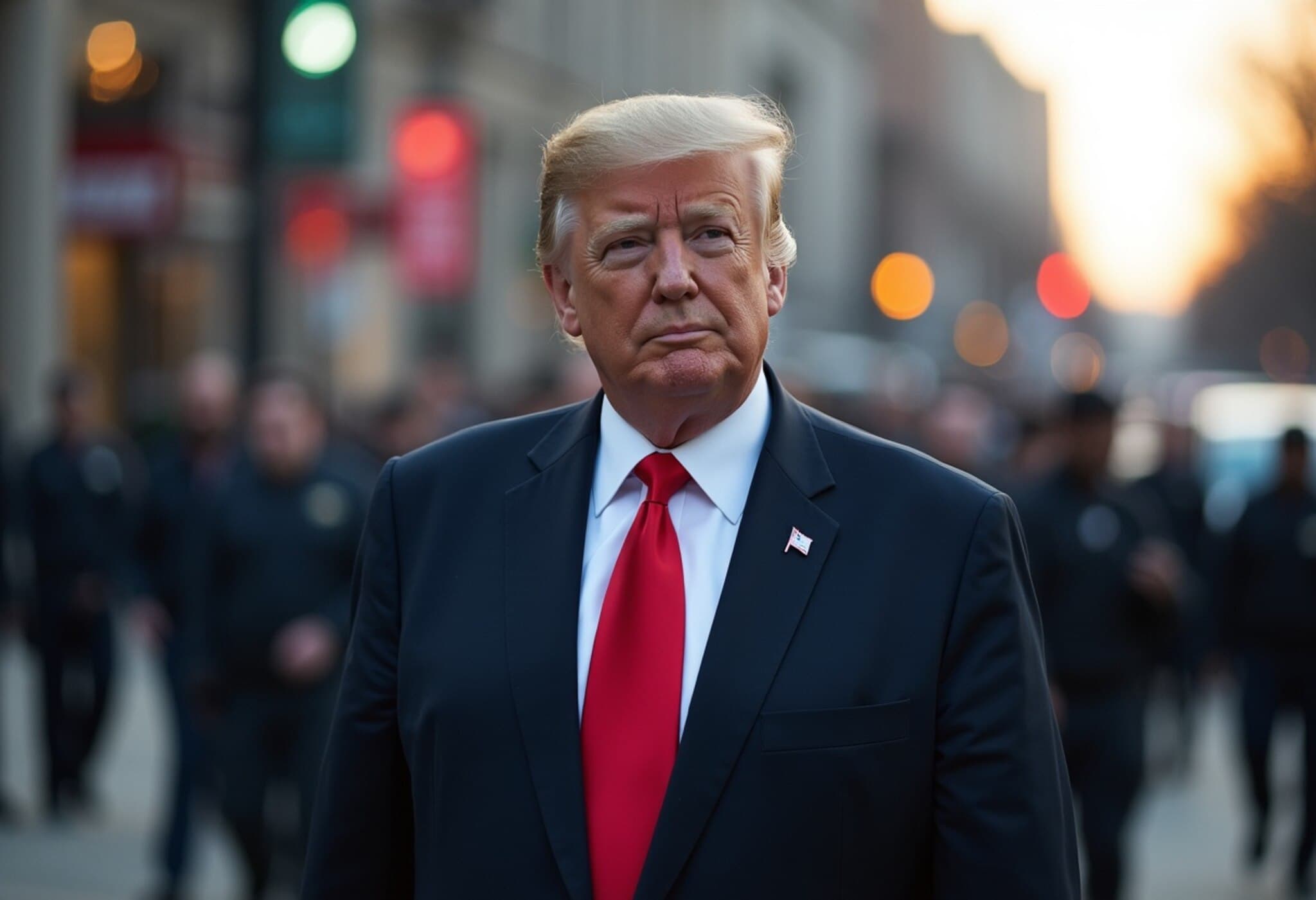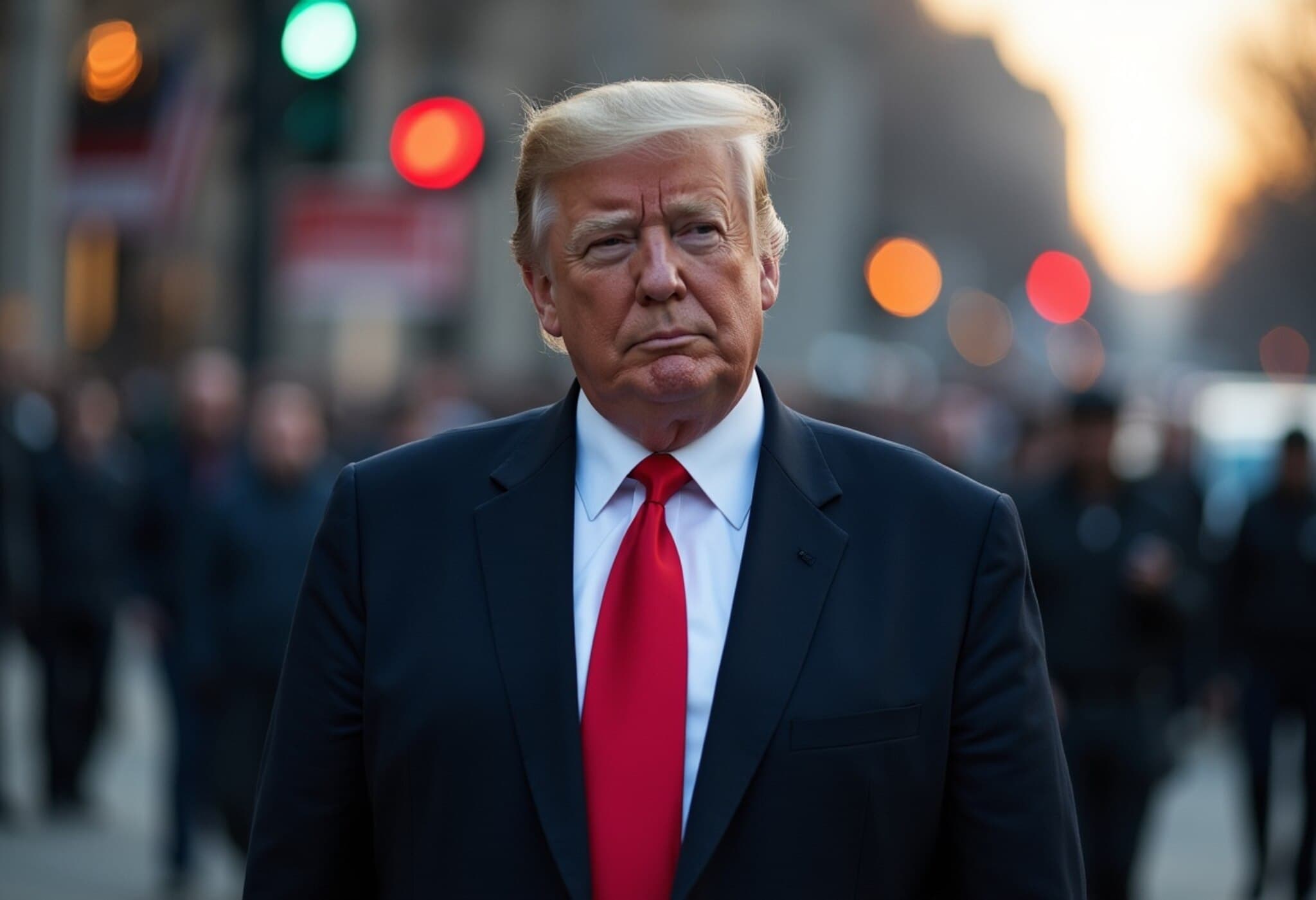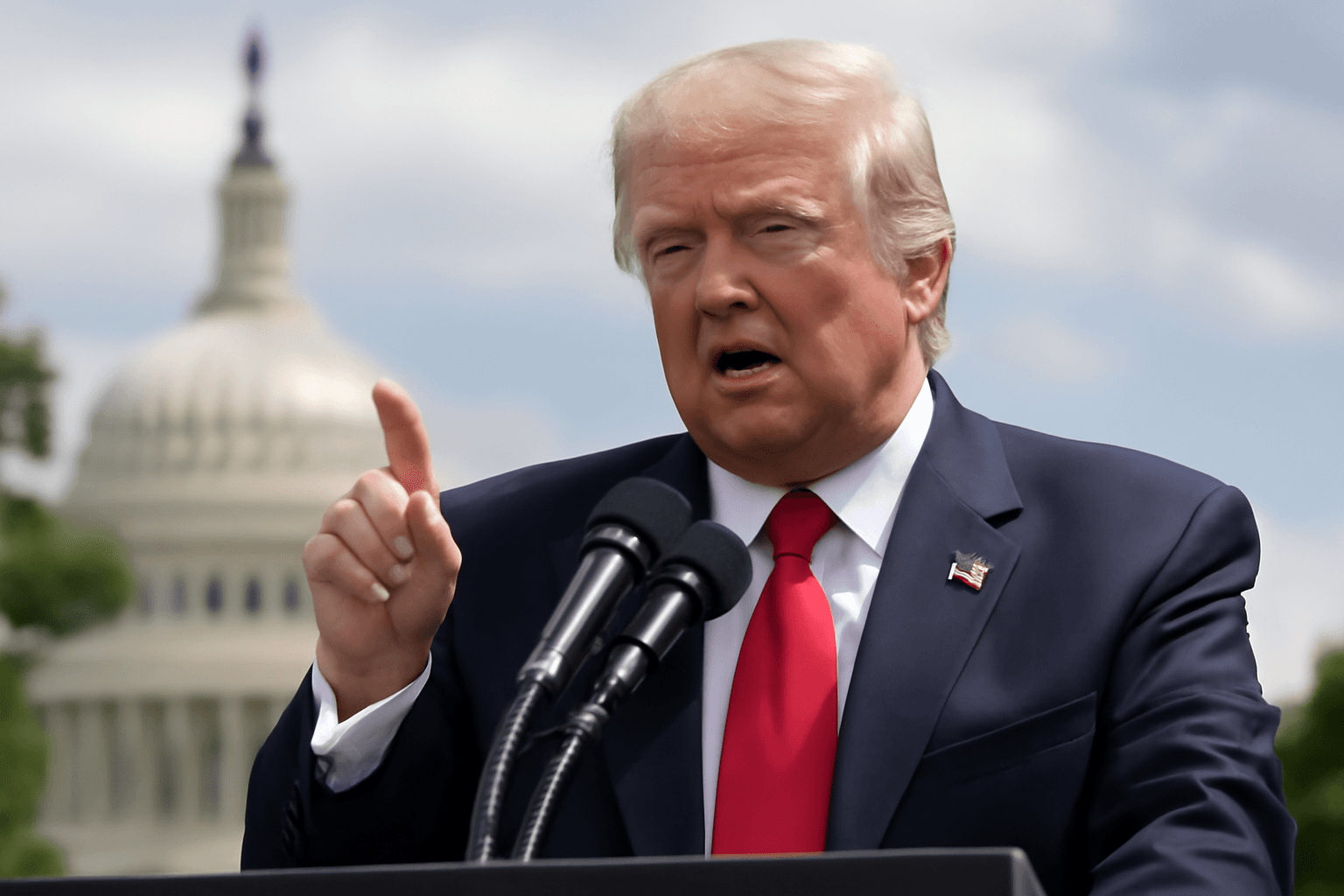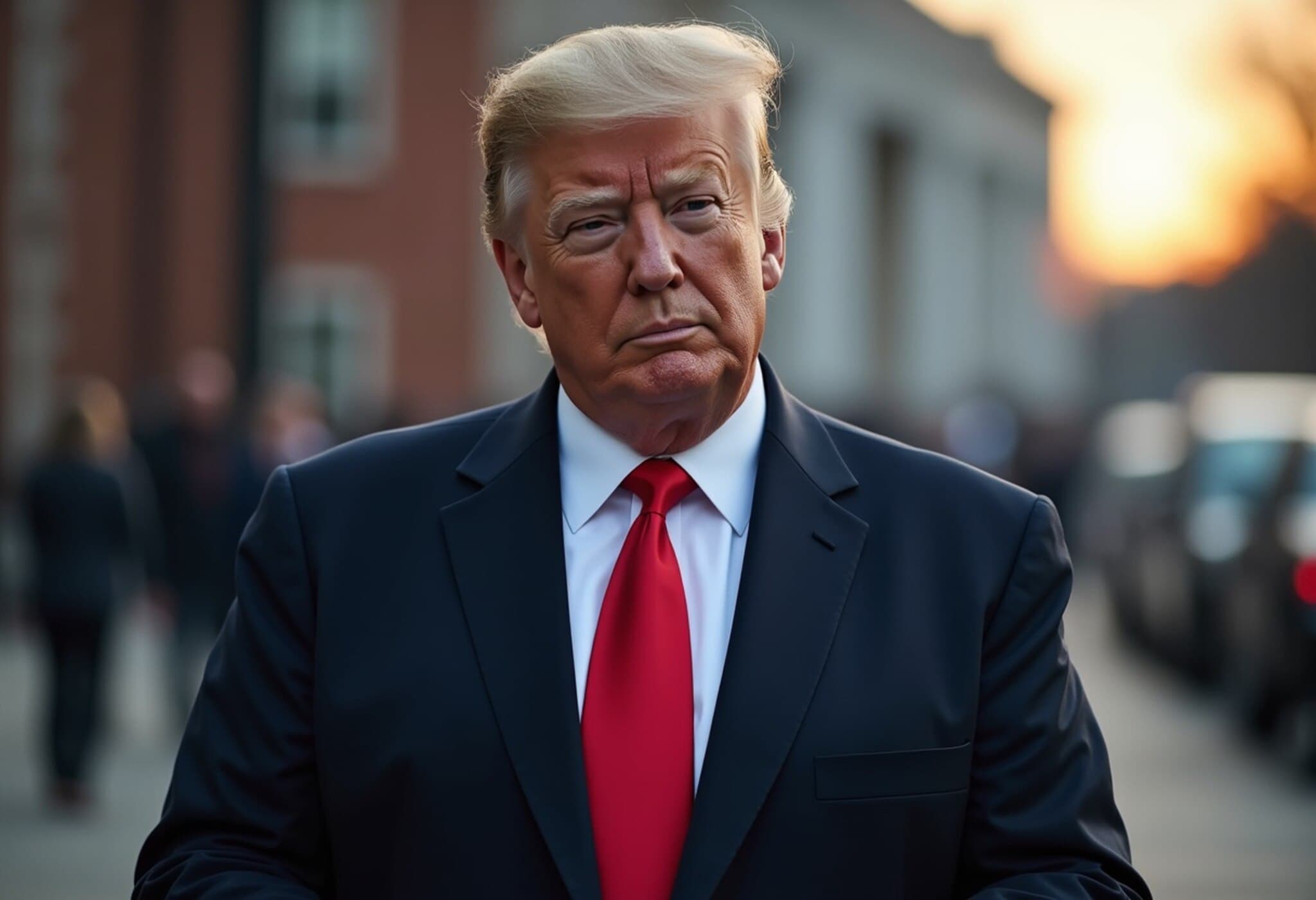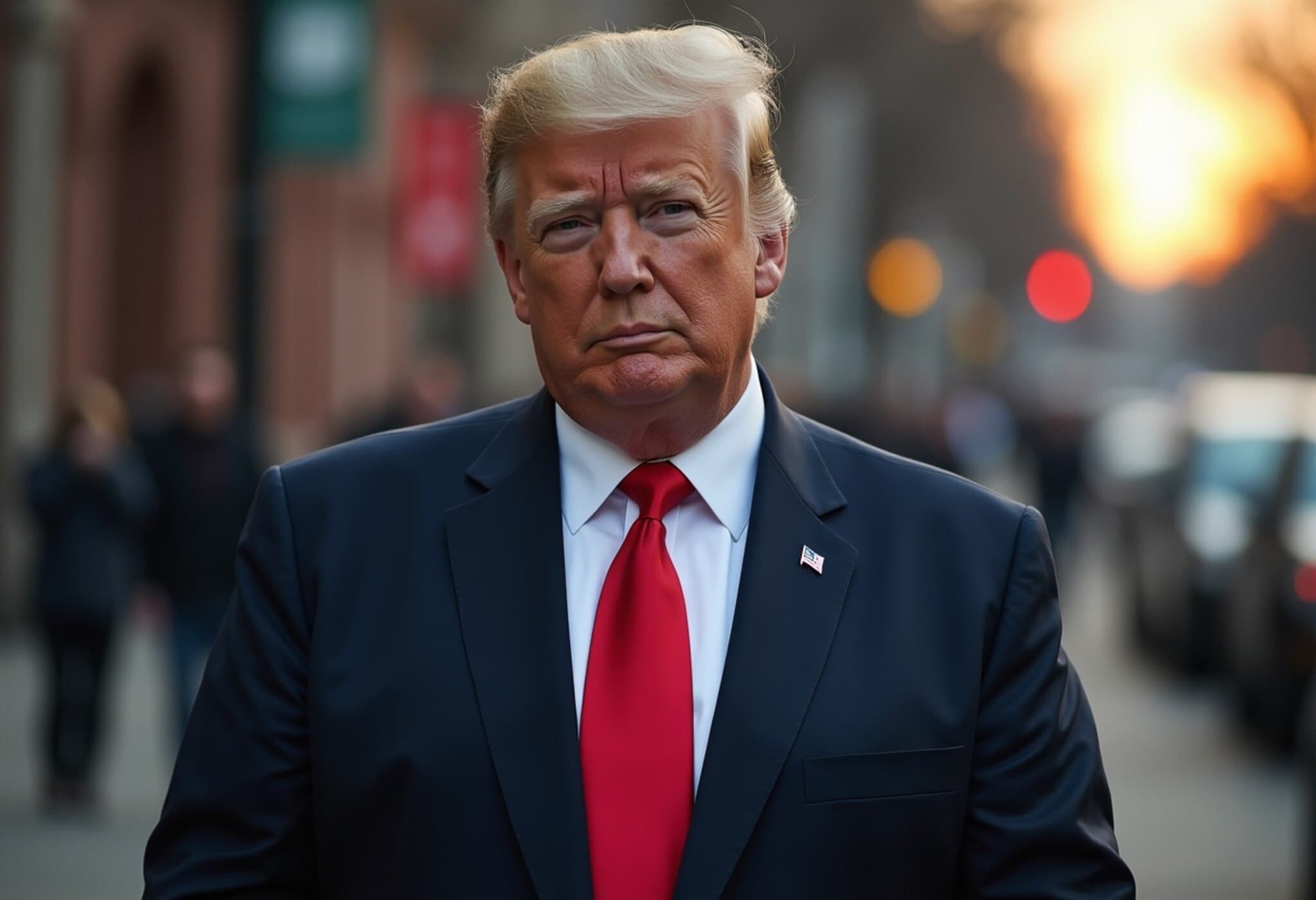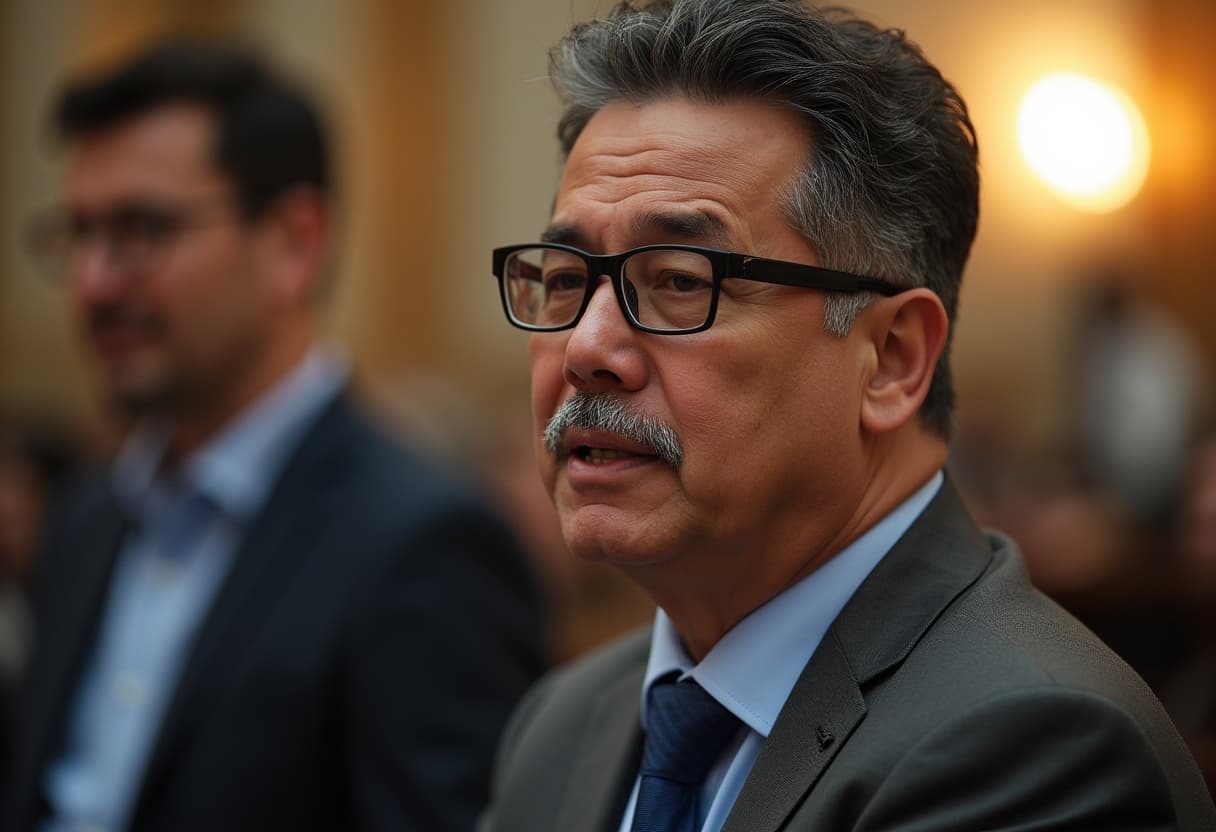Federal Intervention Intensifies Against Crime in Washington, D.C.
In a decisive move to address persistent safety concerns, President Donald Trump has authorized an increased federal law enforcement presence across Washington, D.C., aiming to restore order in the nation's capital. The announcement came Thursday evening, signaling a week-long deployment of multiple federal agencies on city streets, with potential extensions if necessary.
White House Statement Highlights Crime Challenges
White House Press Secretary Karoline Leavitt characterized Washington as "an amazing city," yet one that has endured prolonged struggles with violent crime. She emphasized the administration's commitment to protecting innocent residents, stating, "There will be no safe harbor for violent criminals in DC."
This heightened enforcement reflects President Trump's consistent concerns about safety and governance in Washington, where he has suggested reverting control back to federal authorities — a proposal that challenges the Home Rule Act of 1973, which grants D.C. limited self-governance. Legal feasibility studies are reportedly underway, but any move would likely encounter significant political resistance.
Operational Details and Agencies Involved
The enhanced law enforcement operation officially commenced at midnight Thursday, following a briefing of personnel from the U.S. Park Police at a central command center. Agencies participating include:
- U.S. Capitol Police
- Homeland Security Investigations
- Federal Protective Service
- Drug Enforcement Administration (DEA)
- Immigration and Customs Enforcement Enforcement and Removal Operations (ICE ERO)
- Bureau of Alcohol, Tobacco, Firearms and Explosives (ATF)
- U.S. Marshals Service
- U.S. Attorney’s Office for the District of Columbia
- Amtrak Police
- Metropolitan Police Department Rail Police
All officers will operate in marked, highly visible units, intending to deter criminal activity through a prominent federal presence. The operation is grounded in an executive order establishing the "Making DC Safe and Beautiful Task Force," underscoring a broader goal of urban revitalization alongside crime reduction.
Incident Sparked Federal Response
The immediate catalyst for this intensified crackdown was a disturbing incident last weekend involving Edward Coristine, a widely recognized official in the Department of Government Efficiency (DOGE), known by the nickname "Big Balls." Coristine was assaulted during an attempted carjacking by a group of teenagers. Authorities have arrested two 15-year-olds but are seeking additional suspects.
President Trump has used this event to underscore the perceived urgency of his message, warning via social media platform Truth Social that, "If DC doesn’t get its act together, and quickly, we will have no choice but to take Federal control of the City." He has further hinted at potentially invoking the National Guard to supplement law enforcement efforts.
Contrasting Local Government Perspectives
While the Trump administration focuses on increased federal involvement, Mayor Muriel Bowser's office points to data suggesting improvements in certain crime metrics. Homicides and carjackings, which reached concerning peaks in 2023, have both shown decline. Carjacking incidents dropped dramatically from 957 in 2023 to under 500 in 2024, with preliminary 2025 figures indicating a continued downward trend below 200.
This divergence highlights the tension between federal authority and local governance — a long-standing debate given Washington's unique political status. Experts note that any federal takeover would disrupt decades of progress in home-rule autonomy and could spark broader constitutional controversies.
Expert Insights and Broader Implications
Criminologists caution that while visible federal law enforcement can provide short-term deterrence, sustainable crime reduction requires addressing root causes such as socio-economic disparities, community trust, and systemic resource allocation. Legal scholars emphasize that rolling back the Home Rule Act would demand Congressional approval, with likely bipartisan debate over federalism and civil rights.
Moreover, Washington’s position as the nation's capital introduces symbolic stakes. The city represents not just local residents but the federal government itself, making public safety a matter of national security perception.
Critical Questions Moving Forward
- Can a federal surge in law enforcement balance effectively with the preservation of local self-governance?
- What long-term strategies are in place to complement increased policing with community engagement and social programs?
- How might this approach influence other U.S. cities grappling with similar crime and governance challenges?
Editor's Note
President Trump's push to reassert federal control over Washington, D.C., spotlights a complex intersection of crime, governance, and civil liberties. While addressing legitimate safety concerns is imperative, navigating the legal and political ramifications demands careful deliberation. Readers are encouraged to consider the balance between effective law enforcement, home-rule democracy, and the sustainable well-being of urban communities.

